The death of Albert Omondi Ojwang in police custody on June 8, 2025, has shocked many Kenyans and raised serious concerns about police accountability.
Ojwang, a 31-year-old teacher and blogger, was arrested on June 7 in Homa Bay County after allegedly posting a disrespectful comment about a senior police officer, Deputy Inspector General Eliud Langat, on social media.
He was then moved to Nairobi’s Central Police Station, where he died a day later. Police claim he hit his head against a wall, but many people, including legal experts and human rights groups, do not believe this explanation.
Criminal lawyer Cliff Ombeta questioned the entire police account. He pointed out that the police recorded a “temporary removal” of Ojwang from the cell in the Occurrence Book, but no details were given about where he was taken or why.
This type of movement should be clearly documented, including who approved it and for what reason. The lack of proper records is highly suspicious and makes it hard to believe that Ojwang’s death happened the way police say it did.
Ombeta also questioned how the police concluded Ojwang hit his head on the wall if there was no one else in the cell and no postmortem had been done at the time of their statement.
He asked who saw him hit his head, and if he did, why no one stopped him. These are valid questions that the police have not answered.
The situation became even more questionable when Eliud Langat, the same officer that Ojwang allegedly insulted online, took part in the press briefing about Ojwang’s death.
He was not just a spokesperson but also the complainant in the case, which makes his involvement look biased.
Also, the Directorate of Criminal Investigations (DCI), which is supposed to investigate such serious matters, was missing from the briefing.
Many people, including Ombeta, questioned why the DCI was not involved in explaining what happened. These actions raise doubts about whether the police are trying to cover up something.
This is not the first time someone has died in police custody in Kenya under strange circumstances.
Over the years, there have been many such cases, from the deaths of Josiah Mwangi Kariuki in the 1970s and Dr. Robert Ouko in 1990, to more recent ones like the Njiru brothers in 2021.
A study quoted in the Daily Nation in June 2025 revealed that at least 20 people have died in police custody in the last ten years.
Many of these cases have not been solved, and the officers involved were never punished. This has created a pattern of mistrust between the public and the police.
Human rights groups such as Amnesty International have also spoken out about Ojwang’s death.
They are demanding that the Independent Policing Oversight Authority (IPOA) conduct a full and independent investigation. Ojwang’s family has also rejected the police explanation and called for justice.
The public wants answers, not just empty statements. A government order from April 2025 had already directed police officers to immediately report any injury or death that happens in custody.
But cases like Ojwang’s show that this rule is not being followed or enforced properly.People now want answers to very clear questions.
Who authorized Ojwang’s removal from the cell? Where was he taken, and why is there no record of it? If he died after returning, how did no one see it happen? If he died while away, what happened to him?
And most importantly, why was someone as directly involved in the case as Langat allowed to speak for the police instead of letting an independent body do it? Without answers, the public will continue to believe there was foul play.
The death of Albert Omondi Ojwang is more than just another case of police misconduct. It shows the deep problems in Kenya’s justice system, especially when it comes to handling deaths in custody.
Without full investigations, proper documentation, and real punishment for wrongdoing, more innocent lives could be lost, and public trust in the police will continue to disappear.
What happened to Ojwang should not be forgotten, and those responsible must be held accountable.






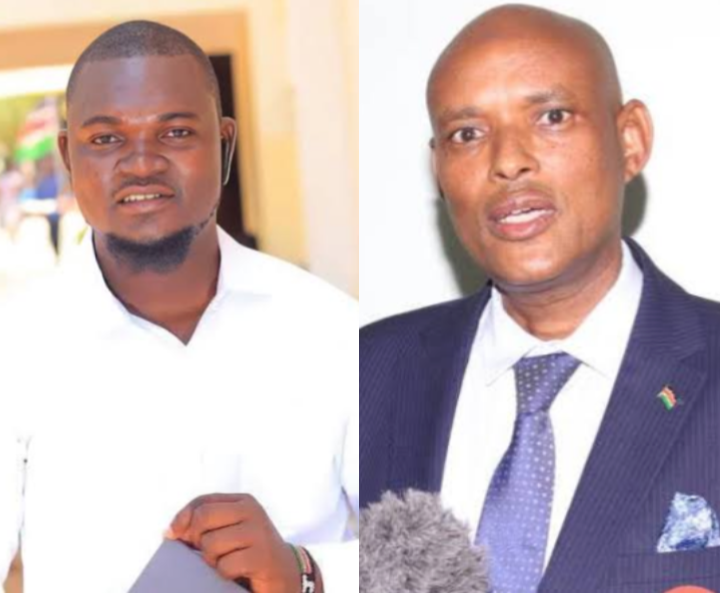
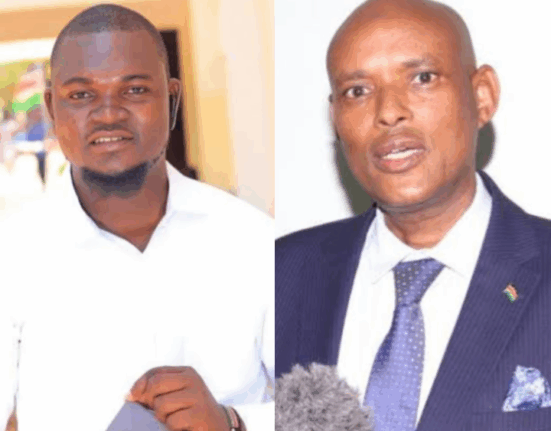
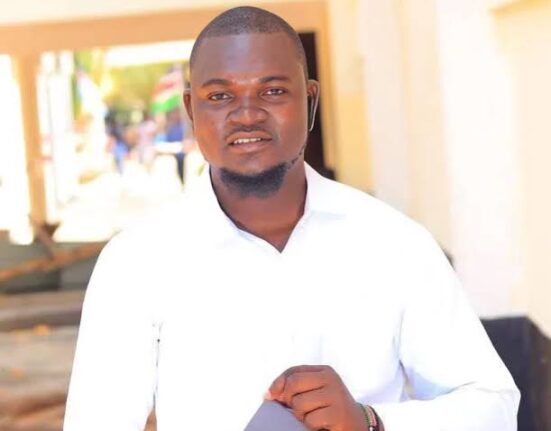
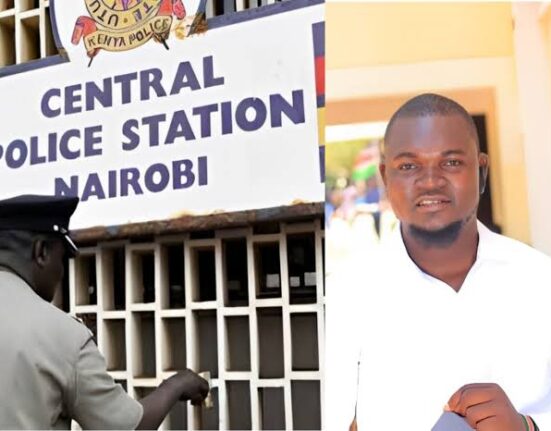
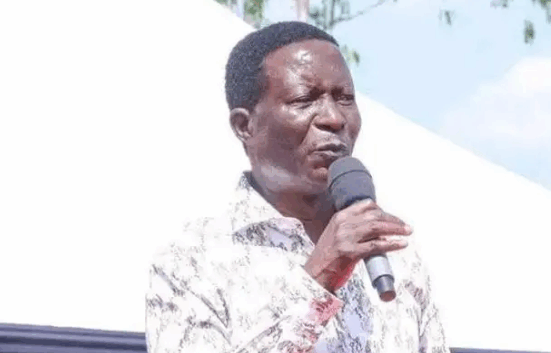


Leave feedback about this